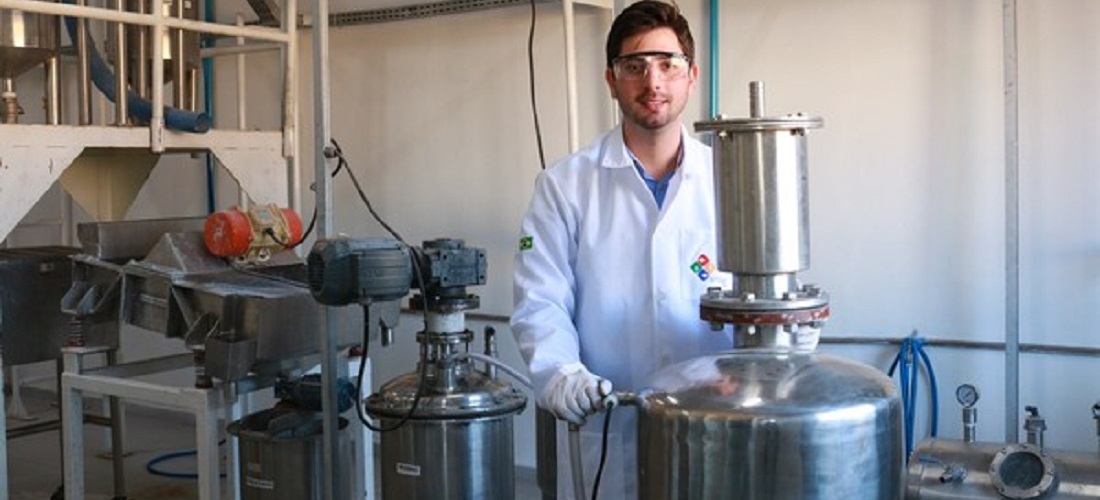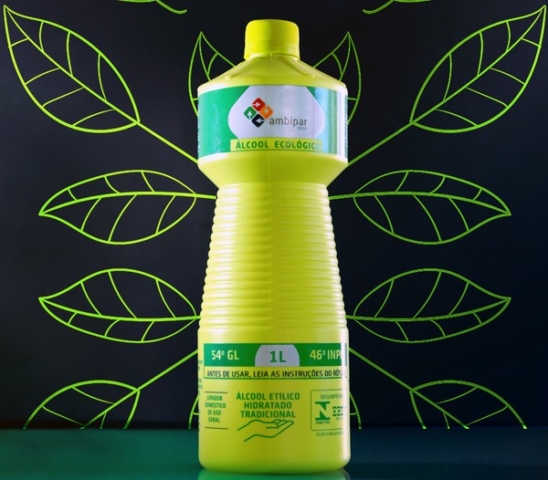
Santos waste being used to produce Eco-alcohol
Oct, 07, 2021 Posted by Ruth HollardWeek 202138
A company in the environmental management area found a different way to reuse the grain residues, which pose a risk of contamination in Brazil’s largest port complex, the Port of Santos. Sugar, soy, corn, wheat, and rice tailings are now being used to produce eco-alcohol. The product meets the high demand during the coronavirus pandemic and also benefits companies in environmental and economic aspects.
The Santos pier is the main Brazilian port in terms of cargo handled. With such movement, tons of waste fall into the transport and storage sites. Leftover grains can carry dirt into the city, smell bad, and attract disease-causing insects, among other problems. Therefore, companies are hired by the terminals to clean these places. Waste is usually sent to a landfill.
However, AMBIPAR, which cleans and maintains Copersucar warehouses in the Port of Santos, found an innovative solution for this waste. After a year of research, scientists and technicians from the Research, Development, and Innovation Department (RD&I) developed eco-alcohol from sugar, soy, corn, wheat, and rice waste.
“People and vacuum cleaners sweep up this waste. It is then dumped into buckets, which are subsequently taken weekly to a plant in the interior of São Paulo, where these residues ferment”, explains Gabriel Estevam Domingos, RD&I director at AMBIPAR.
According to him, the process is based on the degradation of sugar molecules (glucose or fructose), inside the cells of microorganisms (yeasts or bacteria), until the formation of ethanol, through the control of fermentation time, temperature, pH, odor, agitation, and humidity.
After this process, 46% or 70% alcohol is obtained. It is packaged for sale, following guidelines from INMETRO (the national institute of metrology, quality, and technology), CETESB (the environmental company of the state of São Paulo), and ANVISA (the national health surveillance agency).
To read the full original article, visit the link:
-
Ports and Terminals
Oct, 01, 2020
0
APM eyes Saboó container terminal as a way to expand operations in Santos
-
Other Cargo
Mar, 13, 2024
0
Exports remain strong in the Brazilian cotton market
-
Ports and Terminals
Sep, 21, 2022
0
Pesticide imports up 95% at South America largest container terminal
-
Shipping
May, 06, 2021
0
At least two more years of freight rate pain for shippers as carriers ‘cash in’



